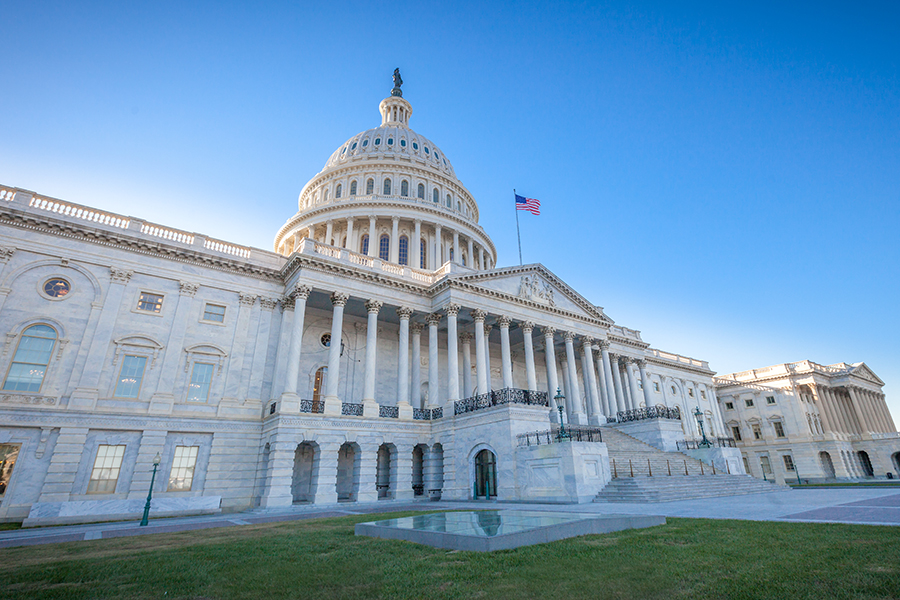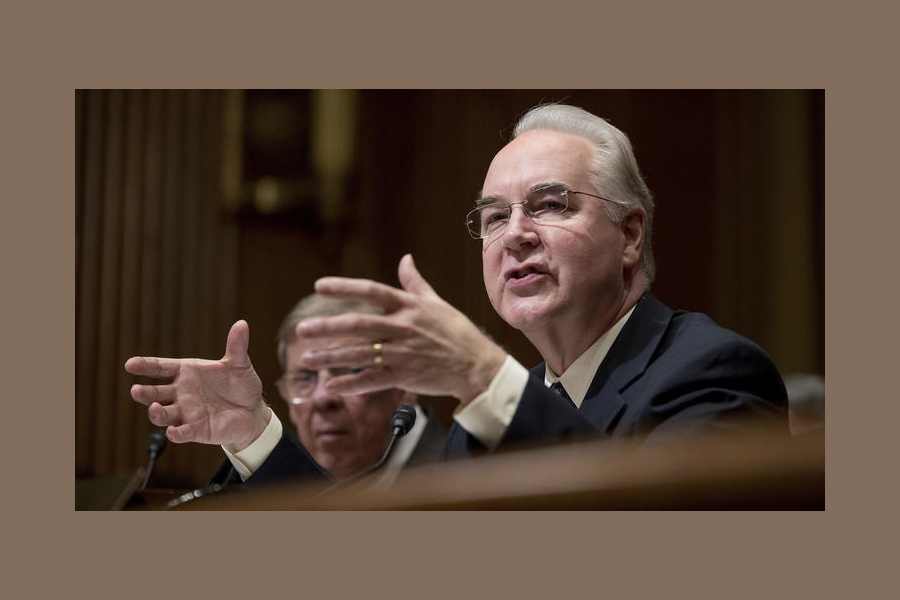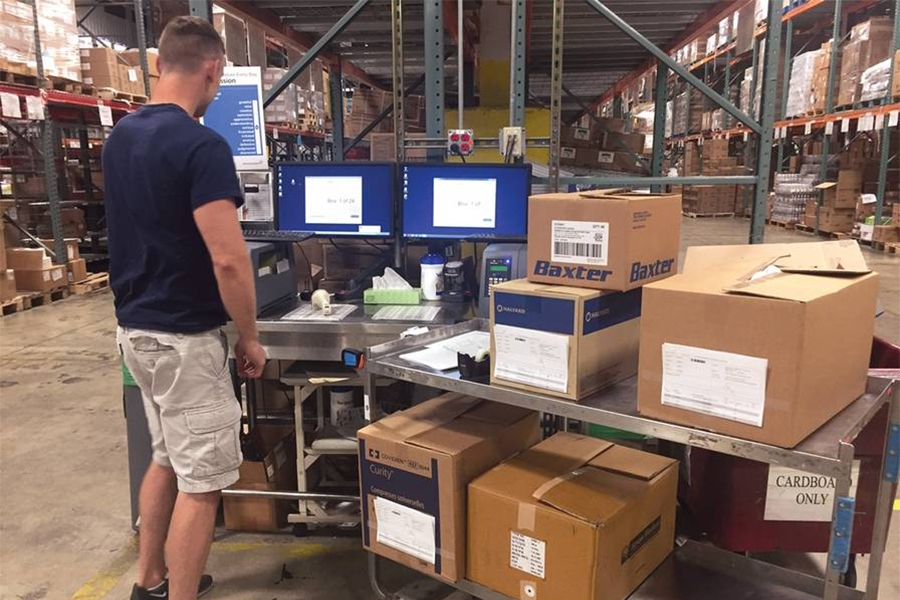By Zachary Tracer and Matthew Winkler for Bloomberg Business
To reduce turbulence in Obamacare’s fledgling insurance markets, the Obama administration’s top health official is pushing to get more information to consumers about what they’ll actually pay for health care, which can include out-of-pocket costs as well as premiums.
The changes are meant to help people choose coverage that fits their needs when up-front premiums and out-of-pocket costs are added together, Health and Human Services Secretary Sylvia Mathews Burwell said during an interview at Bloomberg News’s Washington bureau. Cases of patients signing up, paying for a time, and then dropping out of Obamacare have plagued insurers like UnitedHealth Group Inc., which is debating whether to exit the government-run market to avoid more financial losses.
“Many people came into the system very focused on premium only, and then learned about total cost,” Burwell said Monday. “We think total cost is important, and we’ve been driving the consumer to understand that.”
The Affordable Care Act has helped cover about 9.9 million people through subsidized markets for private health insurance. Yet the new markets have in some cases proven challenging for insurers and hospitals. Patients may stop paying after a medical event, or can show up in hospital emergency departments with coverage that offers low premiums in return for more risk later, leaving them unable to pay their bills.
More Information
Sign-ups for 2016 coverage started on Nov. 1. For the first time, the U.S.’s healthcare.gov website will show customers the cost of insurance premiums and also estimate what their actual health expenses will be. That will help people pick appropriate coverage, Burwell said, and could keep them from dropping policies midyear, a problem known as churn that’s plagued insurers like UnitedHealth and Aetna Inc.
“The insurers are absolutely right that this has to be truly viable, it has to be a market where people intend to buy insurance for the long haul,” said Joseph Antos, a health-care policy expert at the American Enterprise Institute, a conservative think tank in Washington.





















